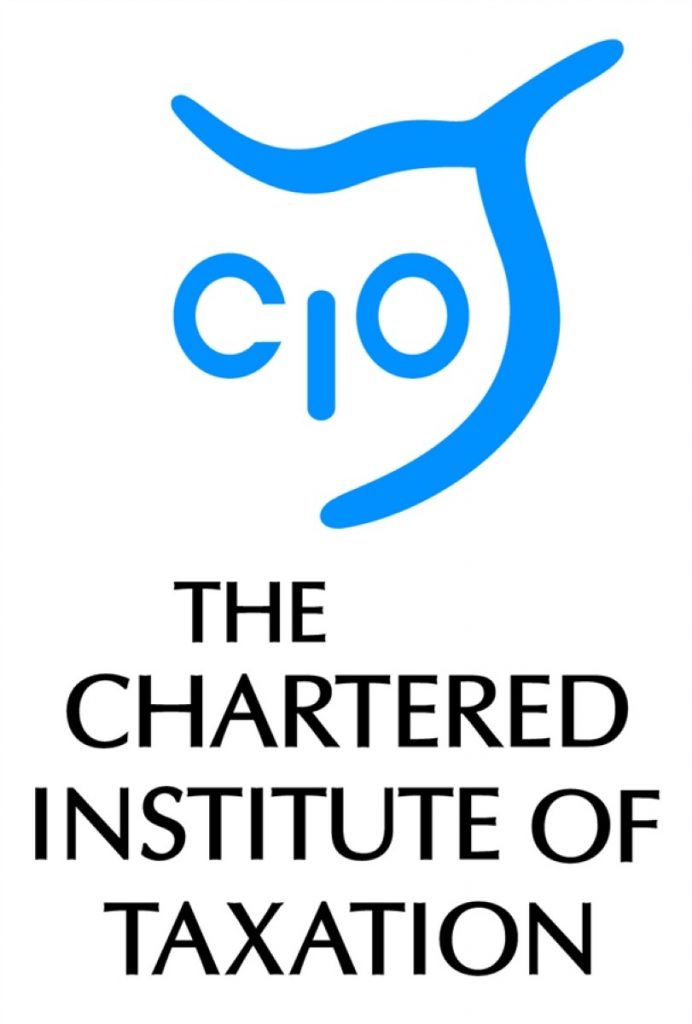Chartered Institute of Taxation: CIOT president sets Institute’s Charter to music
Chartered Institute of Taxation President Andrew Hubbard wowed attendees at his President’s Reception last night by conducting a choral recital of the Institute’s Royal Charter, which he had composed himself for the occasion.
The Charter, issued by the Queen in 1994, sets out the Institute’s objectives and gives it the right to call itself a ‘Chartered Institute’.
Andrew Hubbard explained why he had been inspired to take on the unlikely task of setting it to music:
“Music has been a huge part of my life for as long as I can remember. I started piano lessons at an early age and later learnt the bassoon. I read music at university and still play in a local orchestra.
“I wanted to use my speech to bring together my twin interests of music and taxation. The Royal Charter is what defines the character of the Institute and I wanted to find a way of presenting this in musical terms.
“The Charter was not the easiest of works to set to music. Phrases like “The objects of the Institute shall be… to advance public education in and promote the study of the administration and practice of taxation” don’t exactly roll off the tongue. But I thought it was worth doing to emphasise the Charter’s importance. And the City of London Choir performed it brilliantly.”
Earlier in his speech Andrew Hubbard performed a piano duet with senior HMRC official Geoff Lloyd (who is currently on secondment as a senior adviser at the OECD):
“I wanted to symbolise the close working relationship the CIOT has with government,” explained Andrew.
A central theme of Andrew Hubbard’s speech was encouraging tax advisers to get more involved in pro bono work:
“Supporting the provision of free advice to those who cannot afford to pay a professional tax adviser is an important part of the Institute’s work. I would love to see pro bono work become really ingrained in the culture of tax advisers.”





-01.png)